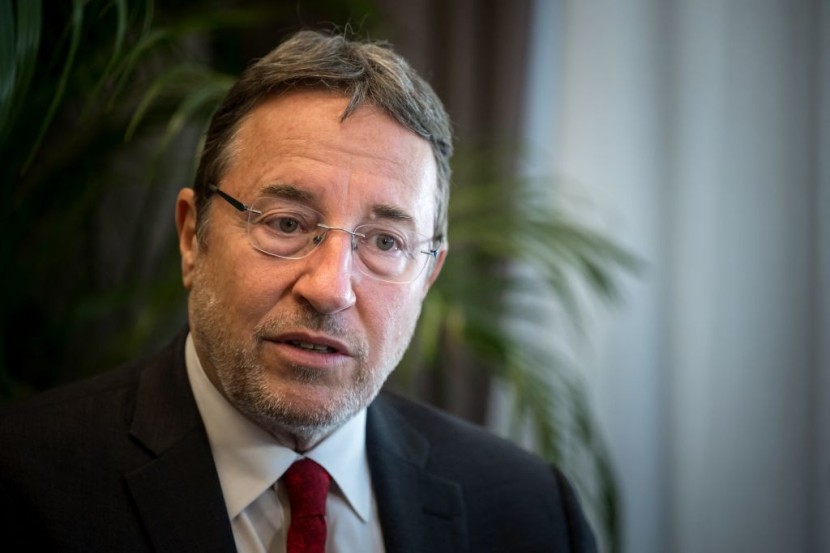
UN Chief says debt stress is leading countries to default on the payment of their loans, becoming a serious problem. Last Saturday, during the Least Developed Countries (LDCs) summit in Doha, an interview with Achim Steiner of the United Nations Development Programme (UNDP) occurred.
UN Chief States Prevalence of Default of Payment
Steiner warned of this alarming trend, with 25 of 52 nations spending more to pay for external debt. Paying back on national debts is becoming a serious concern in how developing countries can repay their loans, noted France24.
Who these nations are was not specified but based on the UNDP's published report indicating that something needs to be done. One solution suggested is to do a 30 percent write-off from the external debt of 52 nations based on 2021 estimates, as reported by Straits Times.
These countries needing that relief are Ukraine, Lebanon, and Argentina, with 23 others in Africa, ten from Latin America and the Caribbean, and about eight from East Asia and the Pacific. Steiner added that more attention is needed from financial markets to address this because the 52 only makes up 3 percent of all global external debt. This would be about only one-sixth of the worldwide populace.
Debt Stress Prevents Loan Payments
The official noted that loan payments have become hard for 25 nations that spend approximately one-fifth of revenue. Slammed by UN Secretary-General Antonio Guterres last Saturday were the rich countries and energy producers allegedly causing burdens for LDCs via interest rates that are too high.
Steiner expressed that a way to make finances more liquid is when the loans are restructured and rescheduled, or everyone will be victims of inability to pay loans, cited by Daily Tribune.
Due to the influence of the pandemic, expensive food, and financial tumults, which have been commonplace in the last ten years, have stalked poorer countries. Some have not paid their debts in the previous two years.
The UNDP chief remarked that countries in the African continent had not developed in 20 years, including Nigeria, Mali, and Burkina Faso. Rising political violence with government failures to give the needed services, security, health, and education was not done. How much is owed is hard to determine because private creditors owe about 60 percent or more, said sources.
Instability Rises, Causes High Interest
One observation is that poor and middle-income countries are expected to invest in clean energy when they can barely pay debts. It is hard to imagine that poor nations should be obliged to become greener and have cheaper electricity because it's a trend.
Global events have energy as the focus, and more renewables are working to lessen fossil fuel dependency. The Ukraine war in one year is the main driver that affected global food and energy prices that have skyrocketed. Now it affects runaway inflation with high rates.
Steiner remarked that it was a short-term shock for expensive fuel costs that have impacted stability in many aspects. He added that investment in green energy due to climate change is a thing. The UN Chief is concerned that debt stress has made many nations default payments on their loans that needs to be alleviated.
Related Article: Moscow Expands Asian Trade for Key Oil Product









